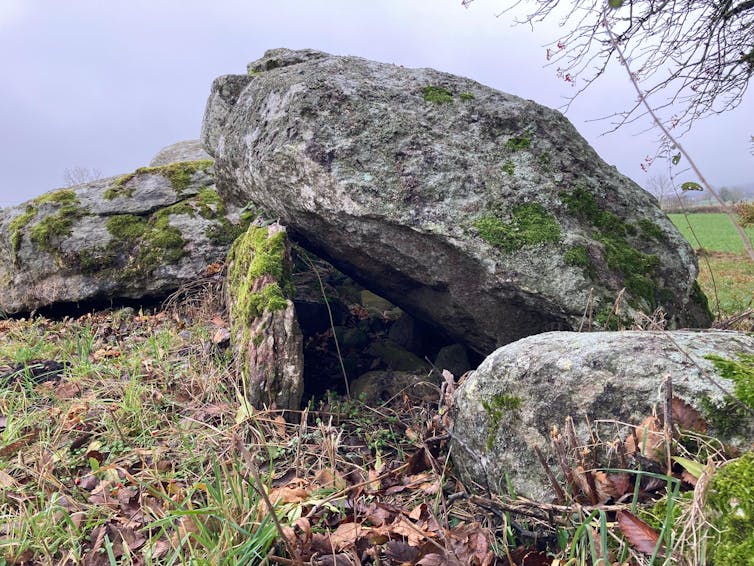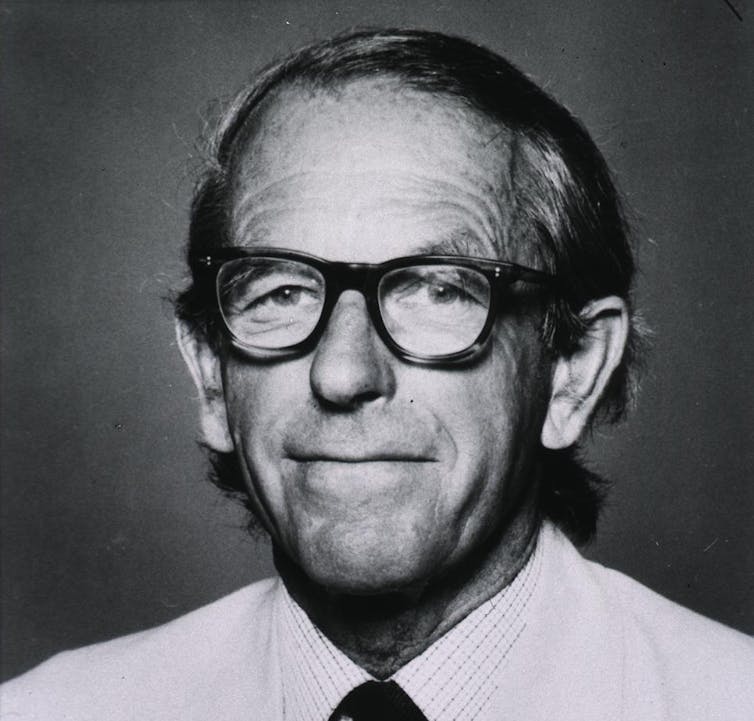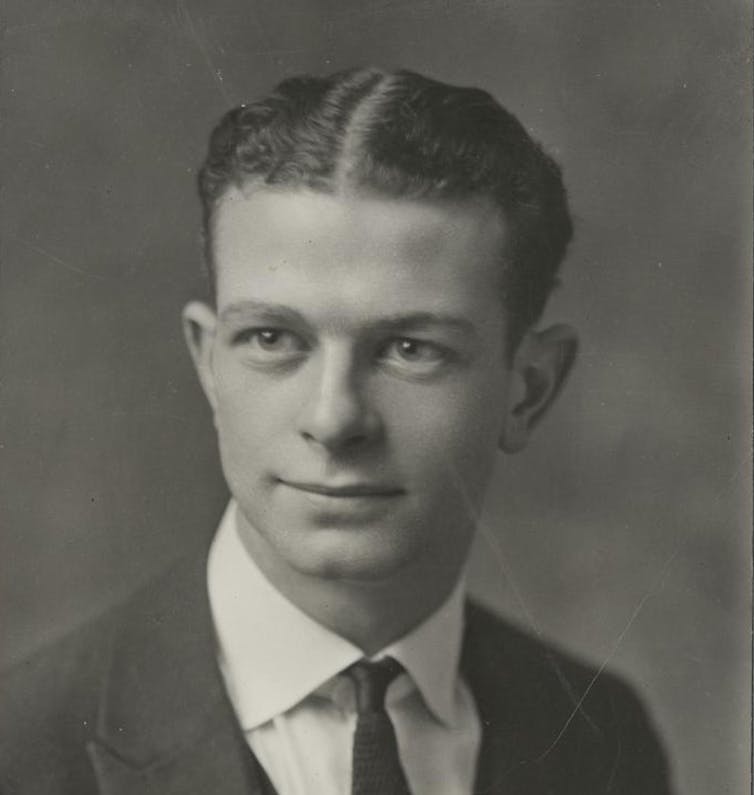Israeli police prevent activists from blocking trucks carrying humanitarian aid into the Gaza Strip at the Kerem Shalom border crossing, southern Israel, Monday, Jan. 29, 2024. (AP Photo/Tsafrir Abayov, File)
Activists stand in front of trucks carrying humanitarian aid as they try to stop them from entering the Gaza Strip in an area near the Kerem Shalom border crossing, southern Israel, Thursday, May 9, 2024.
Israeli activists block the exit of Ashdod port to stop trucks they claim are carrying humanitarian aid destined for the Gaza Strip, in Ashdod, Israel, Thursday, Feb. 1, 2024.
Israeli activists block the exit of Ashdod port to stop trucks they claim are carrying humanitarian aid to the Gaza Strip, in Ashdod, Israel, Feb. 1, 2024.
Israeli police prevent activists from blocking trucks carrying humanitarian aid into the Gaza Strip at the Kerem Shalom border crossing, Jan. 29, 2024.
BY URI BLAU, MILAN CZERNY OF SHOMRIM AND JOSEF FEDERMAN
July 15, 2024
JERUSALEM (AP) — Under American pressure, Israel has pledged to deliver large quantities of humanitarian aid into the war-ravaged Gaza Strip. But at the same time, the U.S. and Israel have allowed tax-deductible donations to far-right groups that have blocked that aid from being delivered.
Three groups that have prevented humanitarian aid from reaching Gaza — including one accused of looting or destroying supplies — have raised more than $200,000 from donors in the U.S. and Israel, The Associated Press and the Israeli investigative site Shomrim have found in an examination of crowdfunding websites and other public records.
Incentivizing these donations by making them tax-deductible runs counter to America’s and Israel’s stated commitments to allow unlimited food, water and medicine into Gaza, say groups working to get more aid into the territory. Donations have continued even after the U.S. imposed sanctions against one of these groups.
By not cracking down on these groups, Israel is showing a “lack of coherence” in its Gaza aid policy, said Tania Hary, executive director of Gisha, an Israeli nonprofit that has long called on Israel to improve conditions in the territory.
“If you’re on the one hand saying you’re allowing aid in but then also facilitating the actions of groups that are blocking it, can you really say you’re facilitating aid?” she said.
Israeli officials did not respond to requests for comment. The U.S. State Department said it is committed to ensuring the delivery of aid, but had no comment on the fundraising efforts by the far-right groups.
Israel has said repeatedly it does not restrict humanitarian aid and that the United Nations has failed to distribute thousands of truckloads of goods that have reached the territory. The U.N. and aid groups say deliveries have repeatedly been hampered by military operations, lawlessness inside Gaza and delays in Israeli inspections.
The three groups examined by AP and Shomrim have slowed the delivery of aid by blocking trucks on their way to Gaza, either by snarling traffic or simply standing in front of the main Kerem Shalom crossing into Gaza.
While these organizations are not the primary impediment to aid shipments, they have received tacit support from some Israeli leaders. Israel’s ultranationalist minister for national security, Itamar Ben-Gvir, has said aid shipments to Gaza should be blocked and he supported the right of opponents to demonstrate, though he said it should not be done violently.
One of the groups, Mother’s March, has raised the equivalent of over $125,000 via Givechack, an Israeli crowdfunding site, the AP and Shomrim found. The group also raised some $13,000 via JGive, a U.S. and Israeli crowdfunding site. Donations to charitable organizations are tax-deductible in Israel and the U.S.
Mother’s March does not raise the money directly. Instead, it works with an allied group called Torat Lechima that raises funds on its behalf.
Torat Lechima, whose name translates loosely as “combat doctrine,” is active in Israeli nationalist circles and works to “strengthen the Jewish identity and fighting spirit” among Israeli soldiers, according to its website. Torat Lechima continues to solicit funds for Mother’s March on the JGive site in the U.S.
Until it was sanctioned last month, a third group, Tzav 9, raised over $85,000 from close to 1,500 donors in the U.S. and Israel via JGive. JGive said that donations made to Tzav 9 were frozen even before the sanctions were imposed and not delivered to the group.
All three groups, which have ties with Israel’s ultranationalist far right, say Israel should not be aiding the Palestinians as long as Hamas is holding dozens of people hostage. They also claim that Hamas is stealing much of the aid, though aid groups have disputed that.
“No to ‘humanitarian’ aid that grants fuel to the enemy who kills us! No to the hundreds of trucks that pass every day through Kerem Shalom – and drag out the war!” Mother’s March said in a recent crowdfunding campaign. It said the funds were needed for demonstrations, shuttles, printing materials and publicity campaigns.
Hundreds of activists set up tents at Kerem Shalom for several nights in early February to stop the delivery of aid. The head of Mother’s March, Sima Hasson, was briefly detained by Israeli police in January after temporarily blocking trucks.
Israeli news reports have shown large convoys of cars blocking aid trucks from traveling on Israeli highways, as well as activists looting trucks and destroying supplies.
In its sanctions order, the White House accused Tzav 9 of violently blocking roads, damaging aid trucks and dumping supplies on the road. It said in May that Tzav 9 members looted and set fire to two trucks in the West Bank carrying aid destined for Gaza. Last week, the White House imposed sanctions on the group’s co-founders.
Israeli police, who fall under the authority of Ben-Gvir, have made few arrests, though the group appears to have stopped its activities in recent weeks.
Tzav 9 defended its actions as “within the framework of the law, in a democratic protest.” It called the sanctions from the U.S. “anti-democratic intervention.”
Neither Mother’s March nor Torat Lechima responded to requests for comment.
Israel launched its offensive in Gaza in response to the Oct. 7 attack by Hamas, which killed roughly 1,200 people and took 250 others hostage.
The offensive has killed over 38,000 Palestinians, according to local health authorities, and unleashed a humanitarian crisis in the densely populated territory. Over 80% of the population is displaced, and international officials say hundreds of thousands of people are on the brink of famine.
Two international courts have accused Israel of war crimes and genocide – charges Israel denies as it pledges to keep the aid flowing into Gaza.
Those who violate the sanctions against Tsav 9 could have their assets frozen or face travel and visa bans.
It’s unclear how effective these sanctions will be. Extremist Israeli settlers in the West Bank say similar U.S. sanctions imposed on them have had little effect, in part because Israeli leaders helped circumvent them.
Prime Minister Benjamin Netanyahu’s office declined comment. The Justice Ministry, which regulates nonprofits, said it would investigate but had no further comment.
JGive said it complies with Israeli laws. In addition to freezing Tzav 9’s donations, it noted that the Mother’s March campaign ended over four months ago.
The U.S. State Department said it has urged Israel to ensure aid safely reaches Gaza and to punish those who try to block it.
“The targeting of aid trucks by violent extremist settlers is unacceptable, and we’ve made that clear to the government of Israel,” it said. It declined comment on the groups’ fundraising efforts.
Hary, of the Israeli activist group Gisha, noted that the efforts of Mother’s March and Tzav 9 appear to have quieted down in recent weeks. But as they continue to seek donors, she said they could resume activities at any moment.
“They’re getting signals from various places in the government that Gaza should be completely cut off,” she said.
___
AP correspondent Julia Frankel contributed reporting from Jerusalem.



















.jpg)

